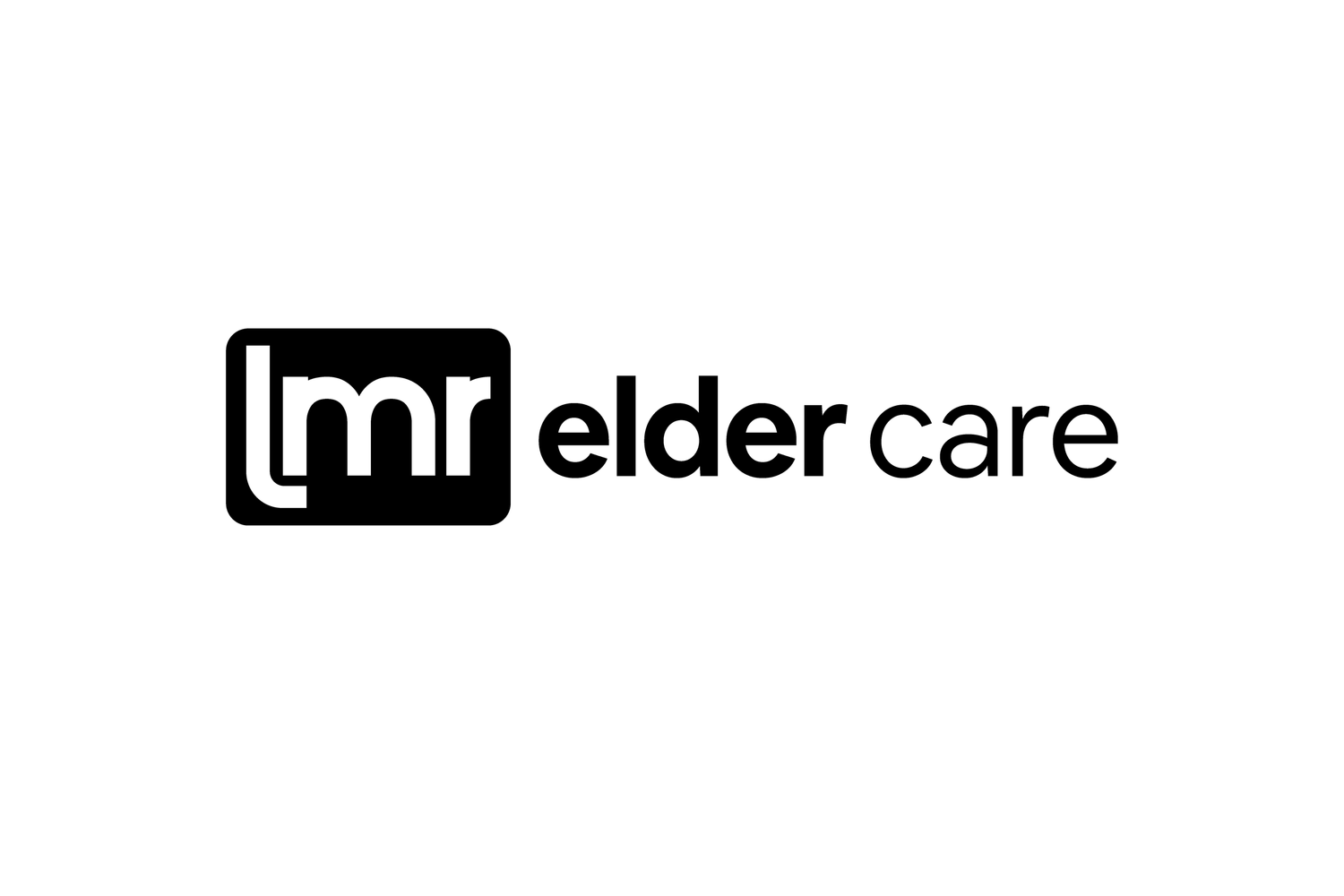Thoughts | Updates | Events
Care Managers and the Importance of Objectivity
by Lisa Bayer, J.D., CCM
Heidi and I founded LMR Elder Care, LLC with the mission that “care management” would remain our core focus. For more than 15 years we have held true to that mission.
Every new client of LMR Elder Care receives a disclaimer when they onboard with us. This disclaimer is as much for our clients’ protection as it is for ours. We want our clients to know that, with the help of their families, friends and trusted advisors, we will hold their hands and guide them to make informed elder care plans and decisions. But we also want our clients to know that we will always strive toward “the best interest of the client” and that we will not substitute our judgment for that of our clients or of their authorized agents. We believe in a collaborative approach to elder care and we encourage our clients to lean on all of their trusted professional and paraprofessional advisors.
One core pillar of our business is that we do not accept referral fees. That means that when we include an organization or service in our directory or recommend a provider to a client, it is because we believe that provider will provide a necessary service. At the heart of what we do is protecting our clients. While we do our best to promote long-term care planning and healthy aging, the reality is that most clients hire us when there is already an actual (or near) crisis. It is important to us that families are not taken advantage of when they are at their most vulnerable.
The elder care space has evolved a lot over the last 15 years since we started our practice. In this regard some home health care agencies have started offering fee-for service private pay care management services. In this instance, a client is paying the agency for care management and the client is also paying for home health care. This arrangement creates the potential of a “dual relationship” for the care manager as he or she is duty bound to the client and to the employer who is both providing the services and who is paying the care manager’s salary. With a dual relationship the boundaries are blurred and objectivity can become diluted.
Dual relationships can also rise to a true conflict of interest between the care manager and his or her clients. For example, consider a company that provides both fee-for-service private pay care management AND home health care services. Would the geriatric care manager even be allowed by his/her employer to recommend a more appropriate agency or caregiver? What happens if the home health aide is not performing his or her job adequately or the client simply does not like the caregiver? Simply put, without the checks and balances of independent providers comes the potential for exploitation and abuse. We have seen and heard everything over the years; home health aides offering sexual favors for extra cash, dementia clients abandoned overnight when they were supposed to be under watch, and theft of family valuables. Unfortunately, anything can happen at any time, but the opportunity to correct and protect is diminished when “Peter is Paul” and “Paul is Peter”.
When working with older adults and persons living with disabling conditions, it is important to insist on transparency, ask necessary questions, and perform reasonable due diligence on all service providers. At LMR Elder Care our number one priority is what is in the best interest of our clients. We advocate for you and only for you.

